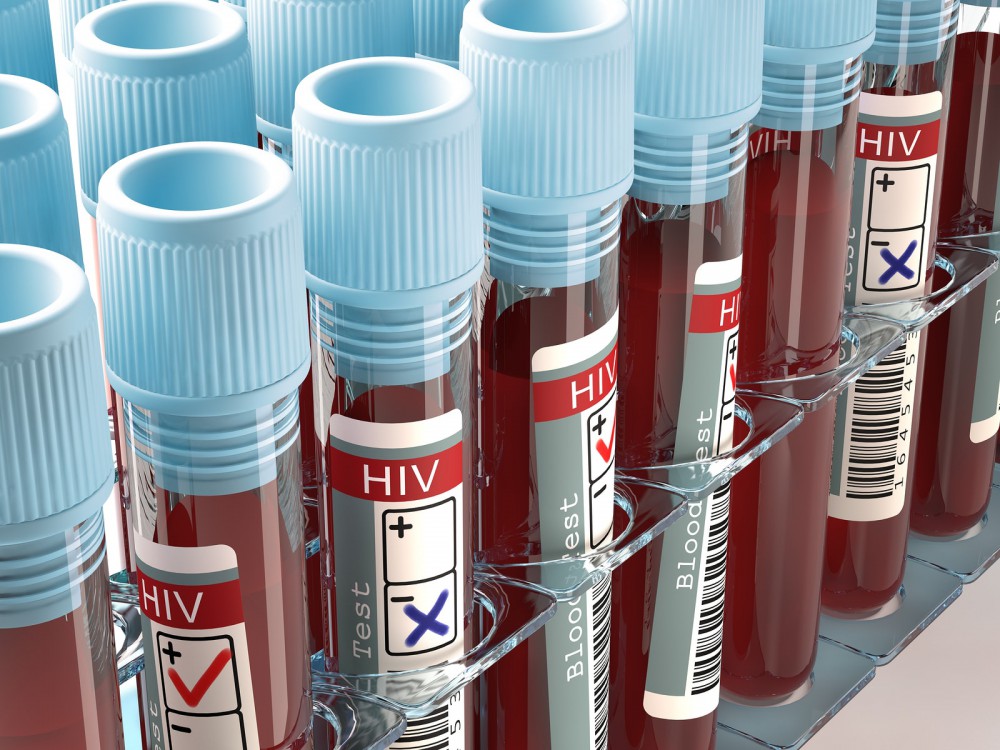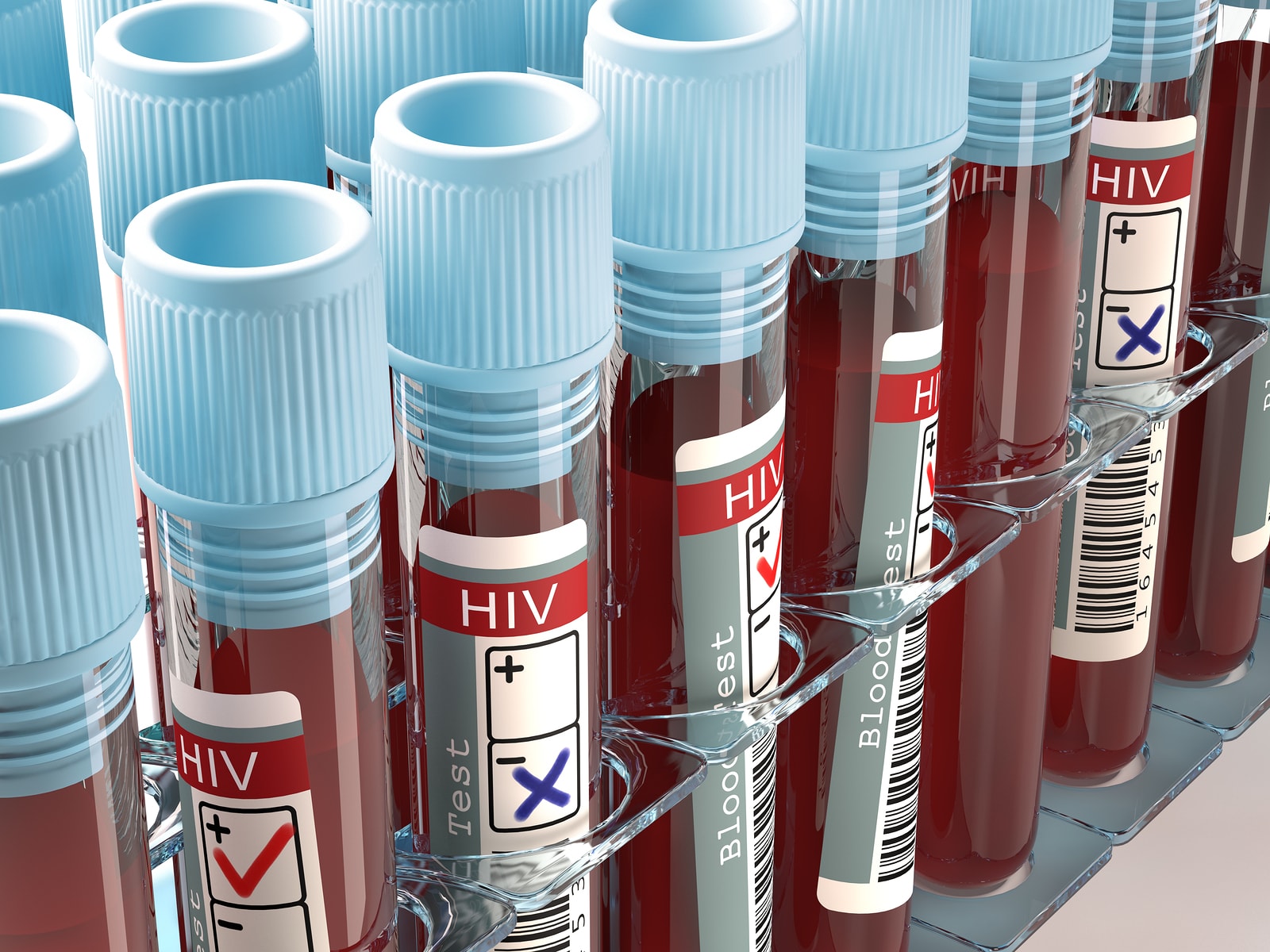
Pre-exposure prophylactic use of HIV drugs by high-risk gay men could reduce virus transmission by 40%, according to a study published in The Lancet.
Designed for those without HIV, the drug known as Pre-Exposure Prophylaxis (PrEP) works to keep the virus from taking hold after HIV exposure via sex or intravenous drug use, according to Mashable.
Other attempts to reduce HIV transmission in the United Kingdom – where the Public Health England-funded study occurred – have had little effect. That includes a long-time focus on consistent condom use.
“Without PrEP, HIV incidence in men who have sex with men in the U.K. is unlikely to decrease substantially by the end of this decade,” the study’s authors wrote.
HIV transmission in U.K. gay men hasn’t decreased in recent years. One of every eight gay men in London is HIV positive.
The study examined different HIV prevention measures used by gay men 15-64 years old. Aside from the use of PrEP, the study checked on increasing HIV testing and decreasing the number of sexual partners.
The English National Health Service (NHS) does not yet distribute PrEP, although the drug has been bought online and in some UK clinics, Mashable wrote.
“It is essential that PrEP is made available on the NHS as soon as possible for those most at risk. Every month we delay there are more people being unnecessarily infected with HIV,” Terrence Higgins Trust Medical Director Michael Brady told Mashable.
You Might Also Enjoy: FDA Lifts 30-Year Ban on Blood Donations by Gay and Bisexual Men
Other research
The Lancet study is not the first to show PrEP works against HIV infection.
In 2015, the Pre-Exposure Option for reducing HIV in the UK Immediate or Deferred (PROUD) study said daily use of PrEP in high-risk gay men reduced the infection risk by 86%, according to the Medical Research Council (MRC).
The study, which began in 2012, had 545 participants, with 276 taking PrEP immediately and 269 receiving it after a year’s deferral. In the study’s first year, just three of the men receiving PrEP from the start were HIV infected, compared to 19 in the deferred group.
“HIV remains a serious public health concern — in 2013 alone, around 2,800 gay, bisexual and other men who have sex with men became infected [in the UK],” said Des Walsh, who heads infections and immunity at the MRC. “So clearly, additional approaches are needed to tackle the HIV epidemic.”
In addition, a 32-month study in San Francisco published in Clinical Infectious Diseases also noted encouraging results.
That study followed 657 people, who used Truvada (the brand name for PrEP) for an average of seven and a half months. No new infections were reported, according to sfist.com.
Some PrEP critics contend its use will cause increases in other sexually transmitted diseases because those taking the drug will forgo condoms.
The study did confirm their suspicions, with a 30% increase in STDs after six months, and a 50% increase after a year. Approximately 41% of participants said they used condoms less, while 51% said their use hadn’t changed. 74% said their number of sexual partners was unchanged, with just 11% saying they had more partners.









